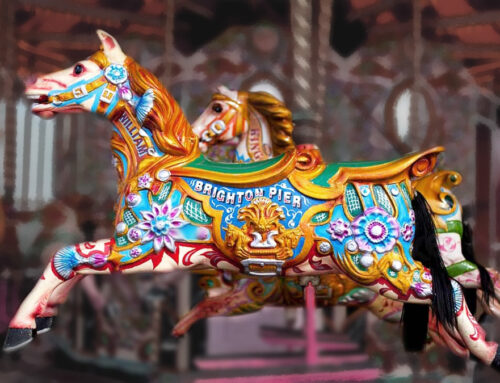Does your body language have an impact on whether you close the sale or get the job offer? You bet it does. And in ways that might surprise you.
Our expressions, gestures, and posture reveal much more than our words about how we really feel in a social situation. The truth is difficult if not impossible to hide. Often, we are influenced more by a person’s body language than the words she is saying.
Amy Cuddy of Harvard Business School shows that adopting a “high power” pose for just a few minutes before a high-stakes social interaction can make people feel more powerful and lead to a better outcome.
Subjects in Cuddy’s study adopted either a high power or a low power pose while they prepared for a mock job interview (see below).
Those who adopted a high power pose during preparation were rated more favorably by interviewers in terms of performance and hireability than were participants with a low power pose.
The better performance rating was not related to participants’ body posture during the interview but to their posture while preparing. Interviewers had no knowledge of the prior pose.
What’s more, not only did people feel more powerful after a power pose, they actually experienced some of the physical changes associated with high power. For example, adopting a power pose for two minutes led to lower levels of cortisol (a hormone associated with anxiety and stress) and higher levels of testosterone (a hormone associated with self-confidence and power).
As Amy Cuddy says, if you want to feel powerful: “fake it until you make it.”
What’s a leader to do?
- Before a high-stakes social situation spend a few minutes in private in a high-power posture with your arms uncrossed, chest out, head held high.
- If you cannot find a private spot, then simply sit straight in your chair and imagine yourself in the high-power pose.
Contractive posture (hands folded, arms crossed, head sunken forward) demonstrates low power in cultures around the world. In contrast, an expansive posture (hands open, arms uncrossed, chest out, head held high) demonstrates high power.
Low Power Poses
High Power Poses
Source: Amy Cuddy, TED
Watch Amy Cuddy’s TED Talk.
References
Cuddy AJ, Wilmuth CA, & Carney DR. (2012). The Benefit of Power Posing Before a High-Stakes Social Evaluation. Harvard Business School Working Paper, No.13-027.
Goleman, D & Boyatzis R. (2008). Social Intelligence and the biology of leadership. Harvard Business Review, 9, 74-81.
Images: Amy Cuddy, TED







